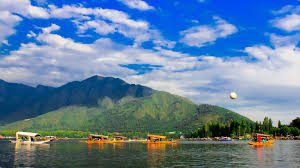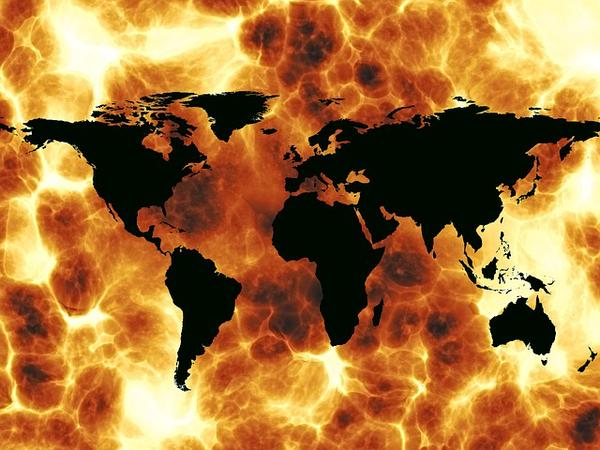First economic: The US dollar is down 5% over the last six months against a basket of currencies. And over the past year, it’s lost 9.6%. The biggest winner against a dollar has been the euro which has gone up 13% however, which truly is a win for Europe because it makes their natural gas imports from the US less expensive. But their natural gas imports are still a poison chalice. Expect the dollar to continue its slide, perhaps precipitously at some point in the New Year.
There were large moves out of US equities in the spring confirming the adage “sell in May and go away.” What September will look like is anyone’s guess, especially as Israel is more than likely to start the second phase of its war against Iran? Or October—that worst of months for Wall Street? What happens if Iran closes the Straits of Hormuz and oil goes above 100 dollars a barrel? That would be great for oil producers, but it would be terrible for markets across the globe, even China, possibly leading to a worldwide recession, especially with Chinese growth being somewhere between 4% and 5% at present.
Regardless of what happens in September or October—both always being bad month’s economically for the US economy, America’s bond market and the value of the dollar will continue its downward trajectory because America’s lenders are now demanding gold for loans instead of treasuries. This smells to me like the beginning of the end of dollar hegemony.
It makes me wonder what kind of “store of value” the BRICS will adopt to support their currency? Will it be a basket of their currencies? Will it be backed by gold and petroleum? That would be truly hard-core, because it would mean we were in for a long era of tight money. Our entire lives, actually, the entire history has been based on easy money. And as you know money creation is only possible when using a fiat currency.
There are many ways to imagine what they’ll do. Maybe blockchain? Who really knows? But there are other commodities that do have a store value, silver among them, maybe even rare earths and others they could use. It certainly is an interesting time to live.
Second domestic political: Niall Ferguson in his interview by Charlie Rose posted a week ago on the Internet was asked about Trump‘s challenges of outright ignoring the constitution with the following question: are we the Roman Republic, is this or are we witnessing the collapse of the constitutional order like the Roman republic. Rose asks if Trump is Augustus. He clearly is not. I would say that Trump is more like Marius and the Kennedys were more like the brothers Gracchi. In fact, I made this argument on a graduate school paper that I got a very good grade on, but in which my professor seriously disagreed with my analogies. Regardless I would say that we are at the beginning of the end of our constitutional order, and that we are looking down the barrel of Caesarism. It’s on the way. Maybe two years, maybe four years but it’s coming. Will it be a general? Will it be a politician? Those are questions we simply can’t answer. But as Ian Welsh has consistently predicted America is heading for a collapse, be it constitutional or economic or both it’s gonna happen and there isn’t anything anyone of us can do about it. Besides, Ferguson, while whip-smart, is kind of a tool.
Third is about some weaknessess the SCO currently must contend with if they are to become the anti-NATO military block. Here they are in no particular order of importance: One, the nations that make up the SCO are too diverse and often times their interests do not align with everyone in the SCO. For example, China and India have serious border issues. Pakistan and India have serious issues in Kashmir. Those are just two examples of several potential conflicts between members of a block, supposedly to oppose NATO. The issues between Pakistan and India make the intra-NATO issues between Greece and Turkey look like a family arguement on Thanksgiving.
Second, as the former director general of Russian international affairs Council said in a recent interview, “ the mandate of the SCO is too general.” The SCO can focus on security, development, or terrorism. Not all three.
Third, China is by far the most powerful member of the SCO and that creates a dangerous asymmetry in the organization. Much like the United States dominated NATO for so long and skewed it’s purpose after the Cold War for its own unfathomable means.
Fourth: This essay on the relative merits of “Superradiance,”. Is well worth the three minutes it will take to read, plus it is comprehensible to the layman. The essay describes Superradiance as “a collective quantum optical effect in which a group of emitters, such as atoms or molecules, emit light in a highly coherent and amplified manner. In the context of mammalian neural systems, superradiance occurs when a group of neurons collectively emit photons, resulting in a stronger and more coherent signal compared to individual neuron emissions. This coordinated emission of photons across vast networks of microtubules within neurons could potentially achieve the long-range coherence necessary for the emergence of consciousness.”
The essay stands as a correction of sorts to Sir Roger Penrose’s “Orchestrated objective reduction (Orch OR)” theory of human consciousness, which Wikipedia describes thusly: Orch Or “is a controversial theory postulating that consciousness originates at the quantum level inside neurons (rather than being a product of neural connections).” In short, says Penrose, “Consciousness does not collapse the wave function; instead it is the collapse of the wave function that produces consciousness.”
One thing we do know is that consciouness is decidely not computational and most likely occurs in the quantum realm.
As you can tell, I dig this kind of stuff.
If you’ve read this far, and you’ve read some of my articles and most if not all of Ian’s, then you might wish to Subscribe or donate. Ian has written over 3,500 posts, and the site, and Ian, need the money to keep the shop running. So please, consider it.


